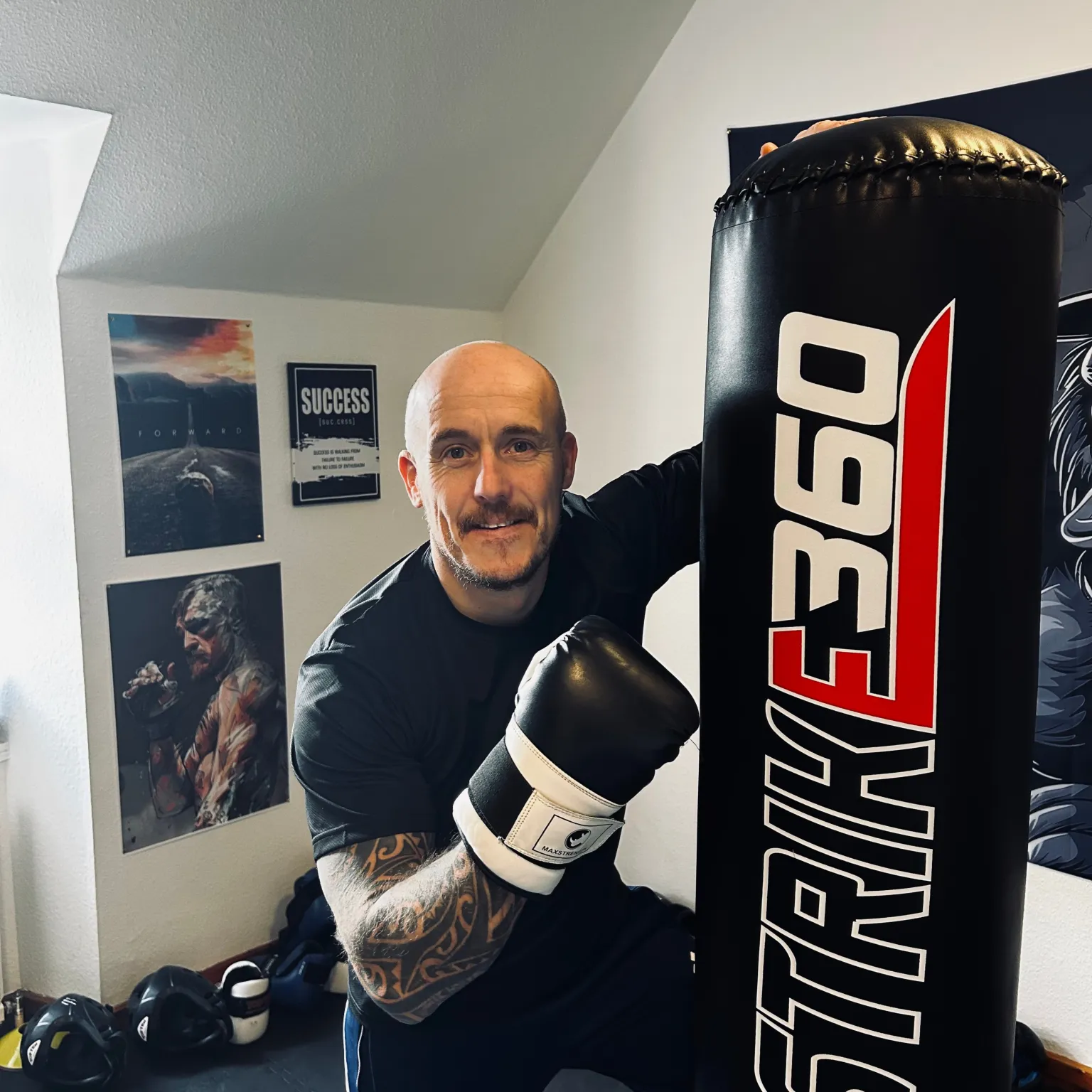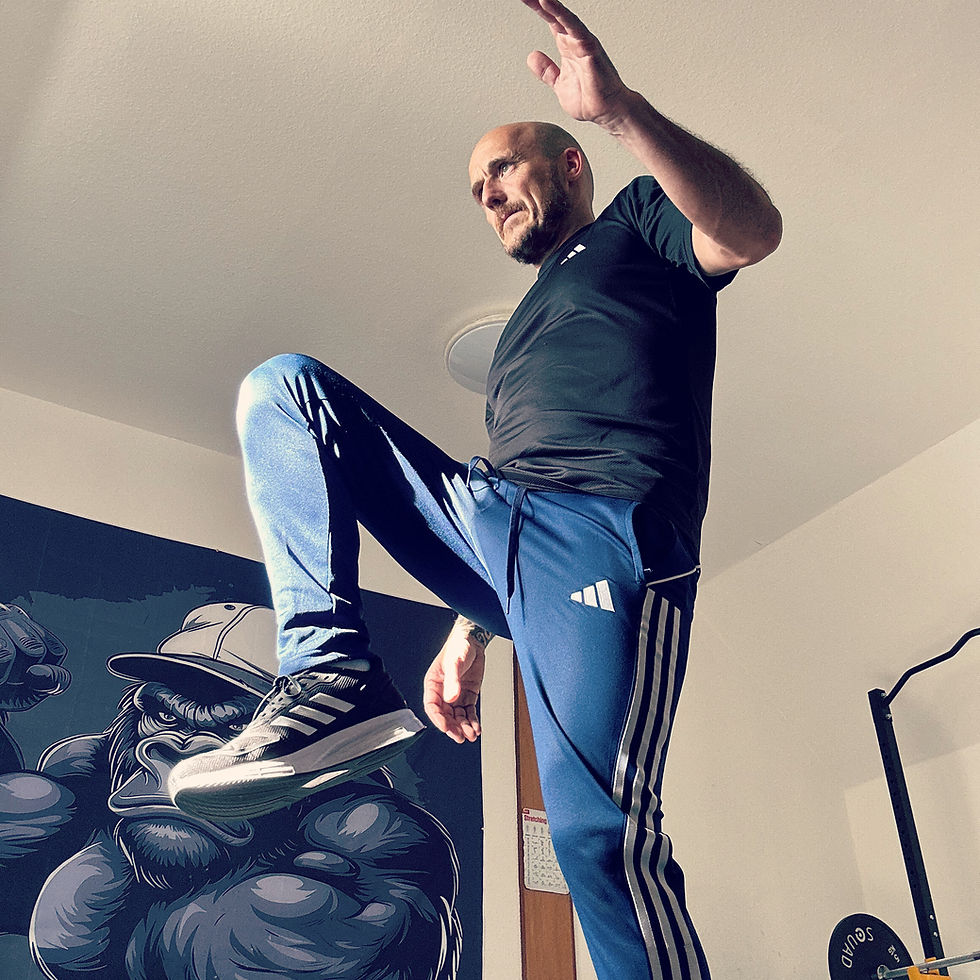How to Engage Your Core: Mastering Control, Breathing & Posture - Core Strength Part 2
- Ross Geldart
- May 29
- 2 min read
Updated: Oct 21
This post is about starting smart, building the kind of core strength that supports your life—not just your workouts.
Step 1: Master the Fundamentals
Now that you understand what your core is, let’s learn how to engage your core properly — starting with control, breathing, and posture.
1. Learn to Breathe Properly
Yes—breathing is part of core training.
Diaphragmatic breathing (also called belly breathing) teaches your body to engage deep core muscles like the transverse abdominis—the real internal support system. Start here:
Place one hand on your chest and one on your belly.
Inhale deeply through your nose.
Let your belly rise (not your chest).
Exhale slowly through your mouth.
Practice this for 1–2 minutes daily. It improves bracing and helps reduce pressure on your lower back during exercise.
2. Focus on Posture
Good posture = good core engagement.
Start paying attention to your alignment:
Shoulders back, chest open
Neutral spine (no slouching or arching)
Engage your core gently like you’re zipping up a tight jacket
Whether you’re standing in a queue, lifting groceries, or doing press-ups, your posture is always an opportunity to strengthen your core.
3. Start with Stability
Forget crunches for now. The first true test of core strength is: can you hold your body stable under tension?
Here are three beginner-friendly core exercises to get started:
Your Core Starter Routine
Do this simple routine 3–4 times a week. Each round takes around 5–7 minutes.
1. Dead Bug (3 sets of 8 reps per side)
Lying on your back, arms and legs raised. Slowly lower opposite arm and leg toward the floor. Keep your lower back flat throughout.


2. Forearm Plank (3 x 30 seconds)
Elbows under shoulders, body in a straight line. Engage your core and glutes—don’t let your hips sag.

3. Glute Bridge Hold (3 x 30 seconds)
Lie on your back, knees bent, feet flat. Lift your hips and hold, squeezing your glutes and bracing your core.

Take 30–45 seconds rest between sets. Focus on control, not speed.
Consistency Beats Intensity
The most powerful tool in your fitness journey? Consistency.
Your core doesn’t get strong overnight. But with regular, mindful movement, you’ll notice big changes—not just in how you look, but how you move and feel.
Next in the Series:
Want to take your Core Training to the next Level? Check out my 12 Week Core Progression Programme HERE
Mind Core Fitness
Strength starts within. Stability builds everything.





Comments